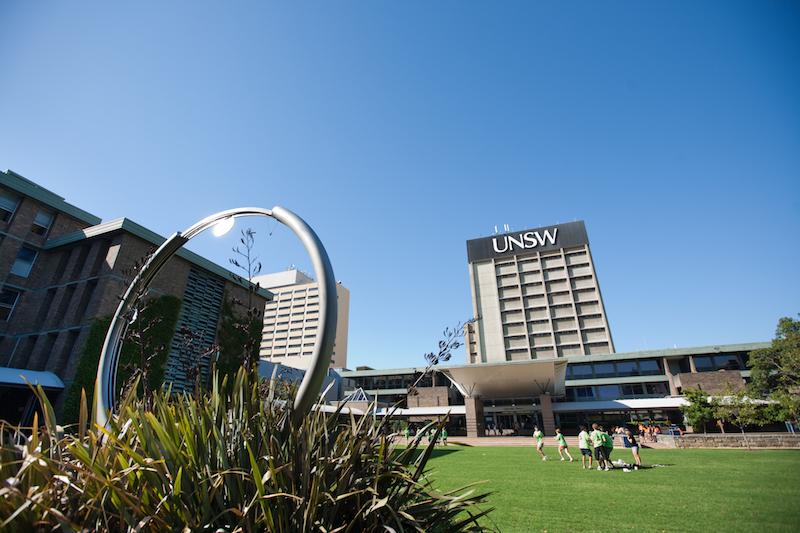SYDNEY—When Nick Wailes started as the head of Australia’s top-ranked business graduate school in February, he already had the idea of offering a course to address a shortfall of training in ethical leadership.
A few weeks later, the country’s most powerful type of inquiry, a Royal Commission, began airing allegations of bribery, fee-gouging and board-level deception in the finance sector, and the University of New South Wales’ “Law, Regulation and Ethics” course was born.





